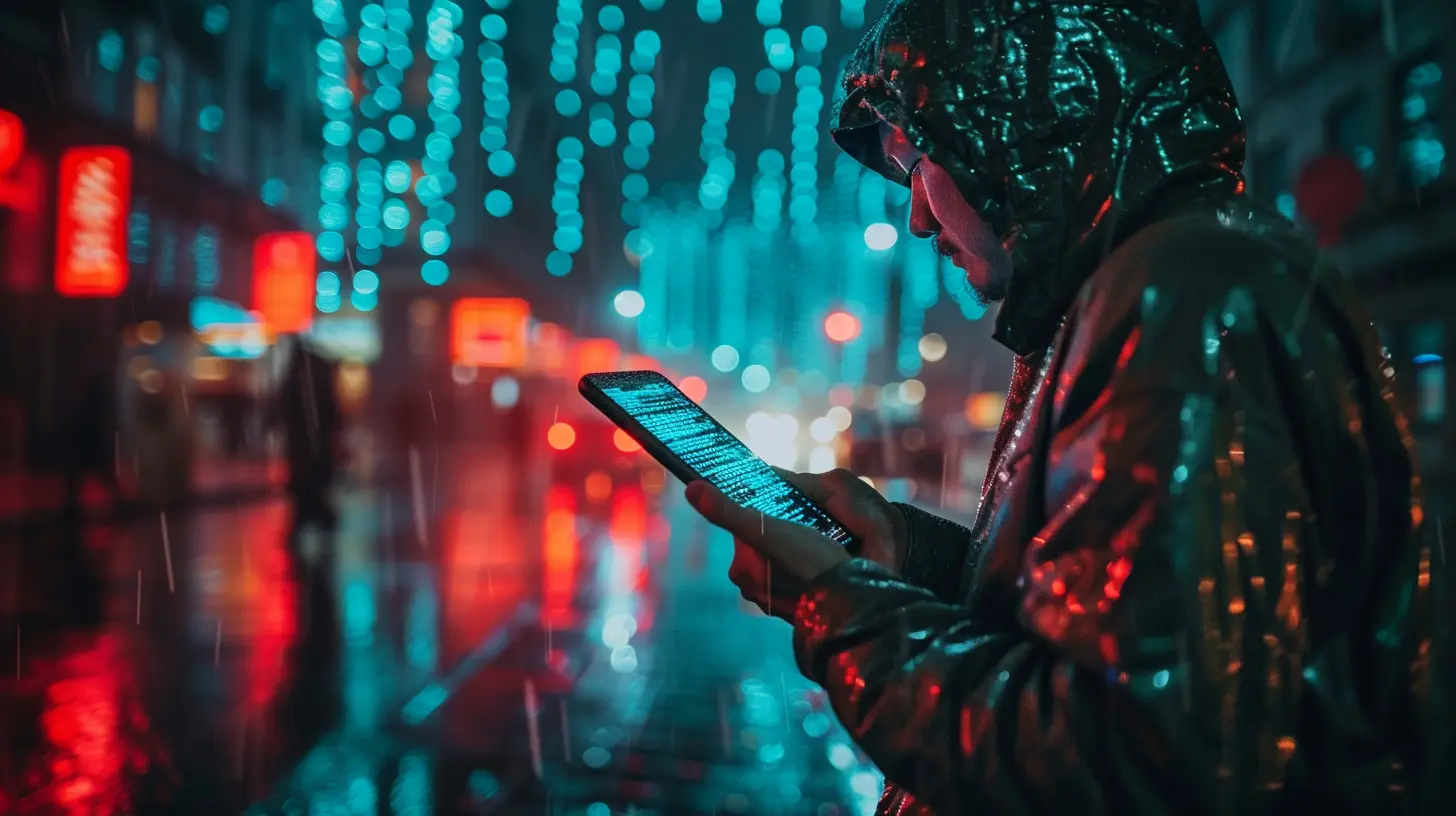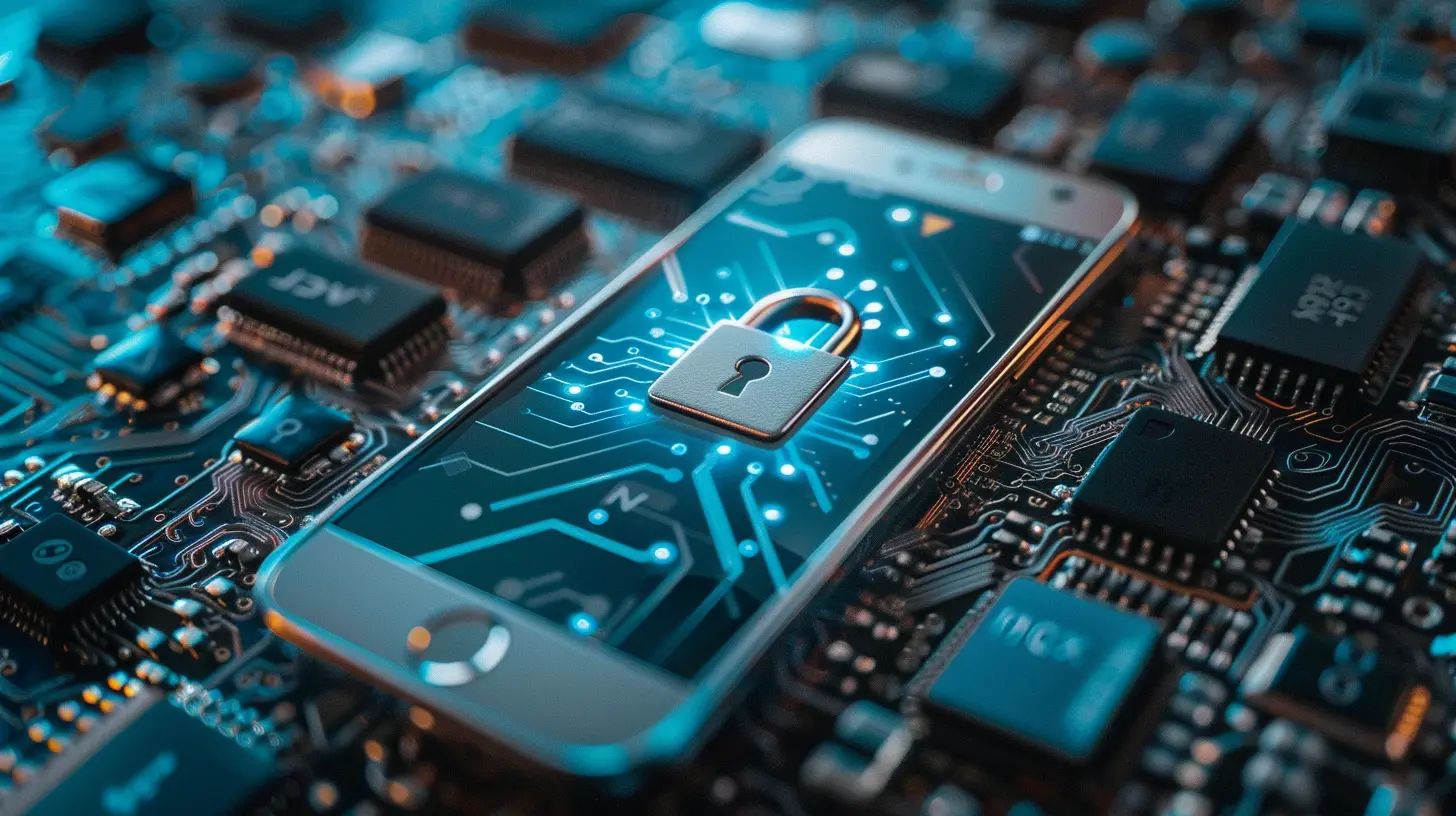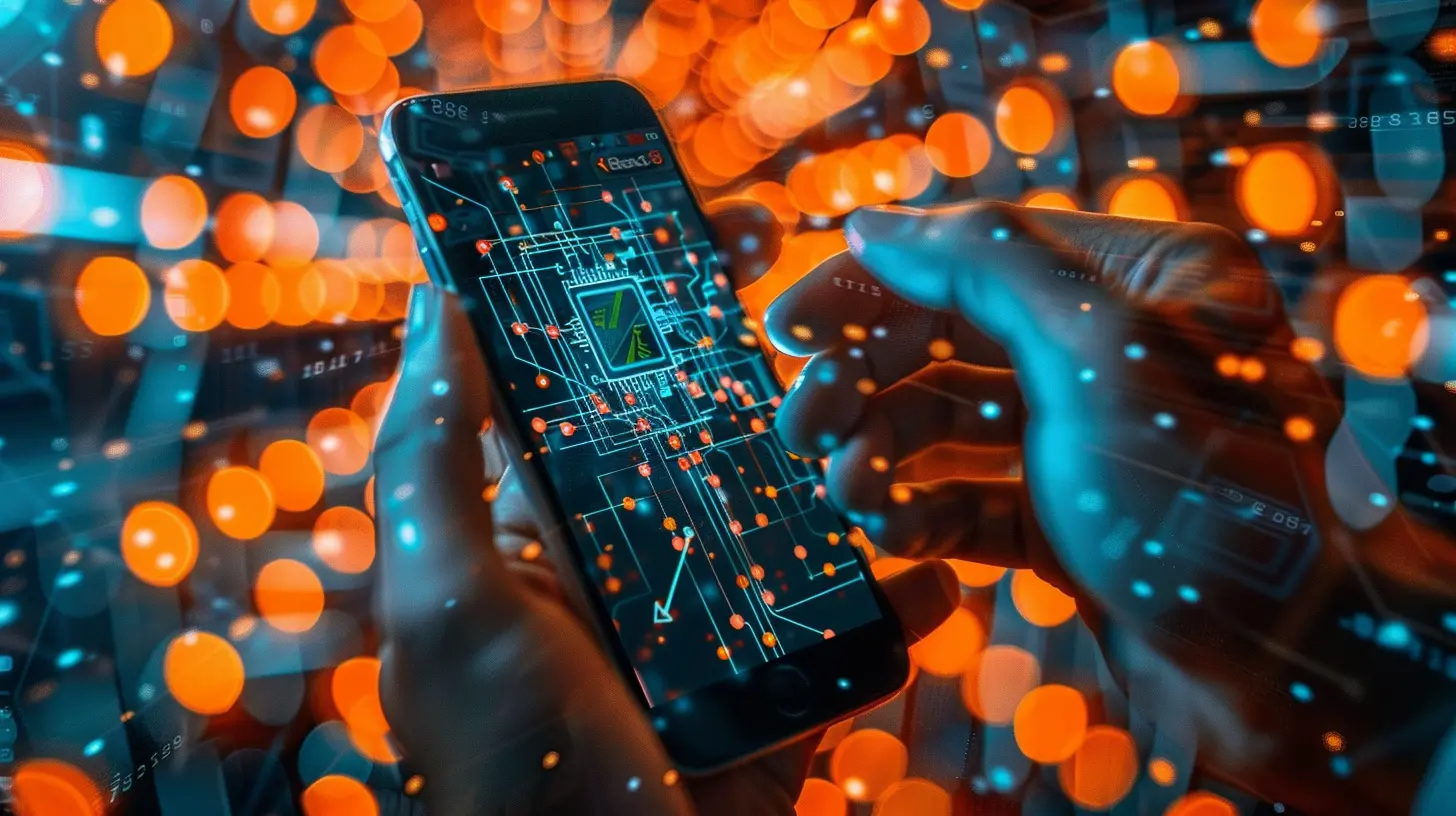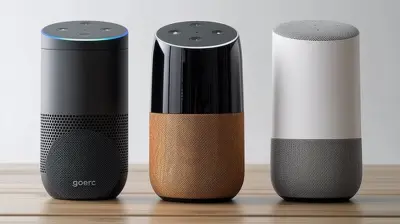How to Keep Your Smartphone Data Secure from Hackers
13 August 2025
Let’s face it: our smartphones are like digital vaults. They carry our personal messages, bank accounts, photos, health info, social media, and sometimes even work-related data. It's almost scary how much we rely on them. Which makes data security a big deal — not just for techies, but for everyday folks like you and me.
When hackers target smartphones, they're not always trying to be Hollywood-style villains. Sometimes, all they want is your credit card number, your identity, or control over your accounts. The good news? You don’t need to be a cybersecurity expert to keep your data safe. You just need a plan — and that’s exactly what we’re diving into here.
So, let’s roll up our sleeves and talk about how to keep your smartphone data secure from hackers in the simplest, most human way possible.
Why Should You Care About Smartphone Security?
Before we jump into the how, let’s talk about the why. Why should you even bother?Think of your smartphone as your digital diary, wallet, camera, and key to the internet all rolled into one. Now imagine leaving all of that lying on a park bench. That’s what it’s like when your phone or your data gets hacked.
Hackers aren't always targeting you personally (so don’t take it personally). Sometimes, they’re just casting a wide net hoping someone bites. But if your data isn’t protected, you might be the unlucky fish to get caught.
Would you hand a stranger your unlocked phone with all your banking apps logged in? Of course not! But sadly, that’s exactly what we do when we ignore mobile security.
1. Use a Strong Screen Lock
Let’s start with something basic, but seriously underrated: your screen lock.Having no screen lock is like leaving your front door wide open. Not cool. And using a simple 4-digit PIN like 1234? That's basically a "Welcome" mat for hackers.
Try This Instead:
- Use a longer PIN (6 digits or more).- Consider a password or pattern — make it complex but memorable.
- Biometrics are your friend — fingerprint or facial recognition adds a cool and secure layer.
🔒 Pro tip: Change your lock code regularly, especially if you've used the same one since high school.
2. Always Keep Your Phone Updated
Yeah, I know. Those update notifications can be annoying. But hanging back on updates is like refusing a vaccine — you're exposing yourself to known threats that already have a fix!Software updates aren't just for new emojis and sleek features. They patch up security holes that hackers love to crawl through.
What You Can Do:
- Enable auto-updates if your phone supports it.- Check manually every so often — especially if something feels off.
No one wants to be the victim of a hack that could’ve been prevented with a 2-minute software update, right?
3. Be Careful with Public Wi-Fi
Free Wi-Fi feels like a gift from the heavens — until it becomes your biggest nightmare.Public Wi-Fi networks (like in airports, cafes, or hotels) are like open books. Hackers can easily intercept the data going from your phone to the internet. That means your passwords, messages, and credit card info could be exposed.
Stay Safe By:
- Avoiding sensitive tasks (like banking or shopping) on public Wi-Fi.- Using a VPN (Virtual Private Network) — think of it as an encrypted tunnel for your data.
- Turning off auto-connect to networks you don’t trust.
Trust me, using a VPN is like putting your data in an armored truck instead of a bicycle basket.
4. Watch Those App Permissions
Ever notice how some apps ask for access to your mic, camera, or contacts — even when they don’t really need it?Your flashlight app doesn’t need your location, and your calculator definitely doesn’t need access to your photos.
Be Smart About It:
- Review app permissions regularly in your phone settings.- Deny access when it seems odd or unnecessary.
- Delete apps you don’t use. They can still collect data in the background.
Permissions are like giving someone the keys to your house. Only give them out when you absolutely trust the one knocking.
5. Use Two-Factor Authentication (2FA)
You’ve probably heard of two-factor authentication. It’s that extra step after entering your password — like getting a code via text or an app.It might feel like a tiny inconvenience (because let’s be real, we all like speed), but it’s a massive security upgrade.
Even if a hacker gets your password, they won’t get far without the second factor. That’s like having a second lock on your digital door.
Set It Up For:
- Google Account- Social Media (Instagram, Facebook, Twitter)
- Banking Apps
💡 Tip: Use an authentication app like Google Authenticator or Authy instead of text messages when possible. It’s safer and less prone to SIM-swapping frauds.
6. Don’t Fall For Phishing Scams
Hackers don’t just break in — sometimes they simply ask for your info, and people hand it over.Phishing is when someone tricks you into giving out your credentials by pretending to be a legit organization (like your bank or Apple).
These scams often come through email, text messages, or even phone calls.
Spot a Phishing Attempt:
- Urgent messages asking you to “verify your account.”- Suspicious links (hover over them to preview the URL).
- Poor grammar or weird email addresses.
Rule of thumb? If it smells fishy, it probably is phishing.
7. Install Apps from Trusted Sources Only
We all love free apps. But downloading from shady third-party sites is like picking up a candy bar off the ground and eating it. Just… don’t.Stick to the official stores: Google Play for Android, the App Store for iOS.
Even then, check the reviews, number of downloads, and developer details. Some malicious apps sneak past the gatekeepers — though it’s rare.
8. Encrypt Your Data
Encryption sounds super technical, but modern smartphones do most of the heavy lifting.When enabled, encryption scrambles your data so it can only be read with the correct passcode — turning your info into gibberish to outsiders.
How to Enable It:
- Most iPhones have encryption by default, as long as you use a passcode.- Android? Go to Settings > Security > Encrypt Phone (for older models) — newer ones come encrypted out of the box.
It’s like locking your info in a safe rather than a shoebox.
9. Back Up Your Data
No, this won’t stop hackers. But it can save your digital life if something goes wrong — like a ransomware attack or data wipe.Regular backups mean you won’t lose everything if your phone gets compromised.
Easy Backup Options:
- iCloud for iPhones- Google Drive for Android
- External storage or backup apps
Just be sure your backups are secure too. Use passwords and encryption where possible.
10. Remote Wipe and Locate Features
If your phone is ever lost or stolen, having the ability to remotely locate or wipe it is a lifesaver.Both iOS and Android offer these features:
- “Find My iPhone” for Apple users
- “Find My Device” for Android
You can remotely erase all data, lock the phone, or just locate it on a map. It takes minutes to set up, and could mean the difference between a close call and real damage.
11. Use Antivirus or Mobile Security Apps
Mobile viruses aren’t just hype. While less common than computer viruses, they definitely exist.A good mobile security app can:
- Scan for malware
- Block suspicious websites
- Protect you while browsing or using apps
Look into trusted names like Norton, Bitdefender, Avast, or Kaspersky. They often have free versions with the essentials.
12. Be Mindful of Bluetooth and NFC
Leaving Bluetooth or NFC on all the time is another open invitation for hackers.If you’re not using it, just turn it off. It saves battery too!
Hackers can potentially connect to your device, especially in crowded areas. Think of it like leaving your Bluetooth doorbell open to anyone who walks by.
Wrapping Up: It’s About Smart Habits, Not Paranoia
Hey, we’re not saying you need to live in fear or avoid using your smartphone. Far from it.But just like you lock your car or close your front door at night, protecting your digital life should be automatic. Most of the tips above take minutes to apply but offer huge peace of mind.
Remember — hackers often go for the easy targets. So by staying alert, keeping your software updated, and making a few wise choices, you’re already ahead of the curve.
Let your phone serve you — not betray you.
all images in this post were generated using AI tools
Category:
Data PrivacyAuthor:

Marcus Gray
Discussion
rate this article
1 comments
John Smith
In a world where whispers travel fast, Guard your secrets, make them last. Encrypt, protect, stay wise and free, Secure your data, let it be!
September 3, 2025 at 2:48 AM

Marcus Gray
Thank you! Your poetic reminder perfectly captures the essence of smartphone security. Keeping our data safe is crucial in today's digital age.


